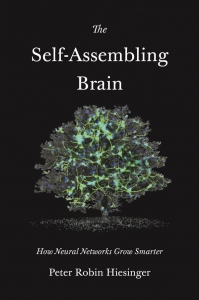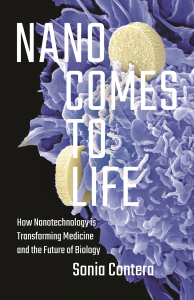“The Self-Assembling Brain” and the Quest for Artificial General Intelligence with Professor Peter Robin Hiesinger
How does a network of individual neural cells become a brain? How does a neural network learn, hold information and exhibit intelligence? While neurobiologists study how nature achieves this feat, computer scientists interested in artificial intelligence attempt to achieve it through technology. Are there ideas that researchers in the field of artificial intelligence borrow from their counterparts in the field of neuroscience? Can a better understanding of the development and working of the biological brain lead to the development of improved AI? In his book “The Self-Assembling Brain: How Neural Networks Grow Smarter” professor Peter Robin Hiesinger explores stories of both fields exploring the historical and modern approaches. In this episode of Bridging the Gaps, I speak with professor Peter Robin Hiesinger about the relationship between what we know about the development and working of biological brains and the approaches used to design artificial intelligence systems.
We start our conversation by reviewing the fascinating research that led to the development of neural theory. Professor Hiesigner suggests in the book that to understand what makes a neural network intelligent we must find the answer to the question: is this connectivity or is this learning that makes a neural network intelligent; we look into this argument. We then discuss “the information problem” that how we get information in the brain that makes it intelligent. We also look at the nature vs nurture debate and discuss examples of butterflies that take multigenerational trip, and scout bees that inform the bees in the hive the location and distance of the food. We also discuss the development of the biological brain by GNOME over time. We then shift the focus of discussion to artificial intelligence and explore ideas that the researchers in the field artificial intelligence can borrow from the research in the field of neuroscience. We discuss processes and approaches in the field of computing science such as Cellular Automata, Algorithmic Information Theory and Game of Life and explore their similarities with how GENOME creates the brain over time. This has been an immensely informative discussion.
Complement this discussion by listening to The Spike: Journey of Electric Signals in Brain from Perception to Action with Professor Mark Humphries and then listen to On Task: How Our Brain Gets Things Done” with Professor David Badre.



Connect With Us